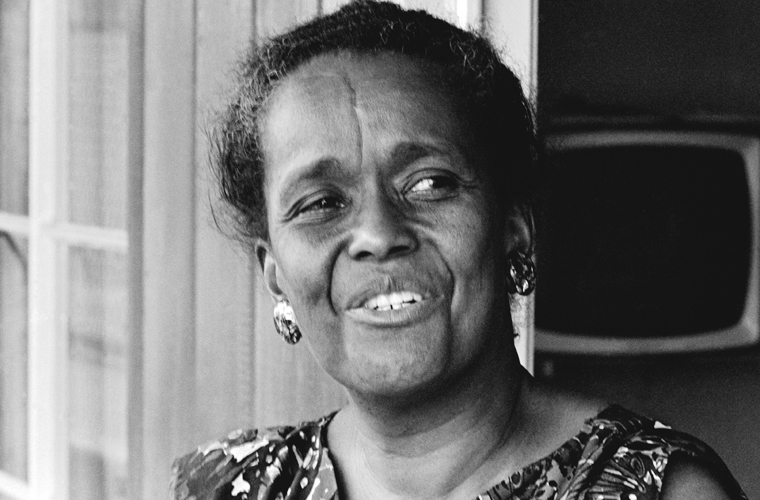Ella Baker, a prominent figure in the American civil rights movement, played a crucial role in advocating for equality and justice. Known for her tireless efforts and commitment to grassroots organizing, Baker’s impact on the movement cannot be overstated. This article delves into her life, her contributions, and the lasting legacy she left behind. Born on December 13, 1903, in Norfolk, Virginia, Ella Josephine Baker grew up in a racially segregated society. Despite the challenges she faced, Baker’s parents instilled in her a strong sense of self-worth and resilience. Her upbringing fueled her determination to challenge the status quo and fight for a more just society.
Baker’s academic prowess became evident during her high school years, leading her to enroll at Shaw University in Raleigh, North Carolina. There, she honed her leadership skills and became involved in various student organizations. It was during this time that Baker first encountered the power of collective action, sparking her lifelong commitment to activism. After graduating in 1927 as class valedictorian, Baker moved to New York City, where she became actively involved in community organizing. She joined several organizations dedicated to social justice, such as the Young Negroes Cooperative League and the NAACP (National Association for the Advancement of Colored People).












Baker’s work with the NAACP exposed her to the inner workings of the civil rights movement. She quickly realized that change could not be achieved through top-down leadership alone. Instead, she championed the idea of empowering ordinary people to take charge of their liberation. Baker’s most significant contribution to the civil rights movement was her role in establishing the Student Nonviolent Coordinating Committee (SNCC) in 1960. As an advisor and mentor to young activists, she emphasized the importance of grassroots organizing and encouraged them to take ownership of their struggle.
Under Baker’s guidance, SNCC became a driving force in the fight against racial discrimination. The organization played a pivotal role in organizing sit-ins, voter registration drives, and Freedom Rides. Baker’s leadership style, characterized by inclusivity and collective decision-making, empowered countless individuals to become agents of change. Ella Baker’s impact on the civil rights movement cannot be overstated. Her emphasis on grassroots organizing and empowering ordinary people laid the foundation for future social justice movements. Baker’s commitment to inclusivity and participatory democracy continues to inspire activists around the world.
Despite being overshadowed by other prominent figures of the era, Baker’s legacy endures. Her tireless efforts paved the way for future generations of activists and helped shape a more equitable society. Ella Baker’s unwavering dedication to justice serves as a reminder that true change comes from within communities and is sustained by collective action.
Ella Baker’s contributions to the civil rights movement were instrumental in advancing equality and justice in America. Her emphasis on grassroots organizing and empowering ordinary people has left an indelible mark on social justice movements worldwide. As we continue to strive for a more just society, we must draw inspiration from Baker’s legacy and work towards creating lasting change through collective action.

